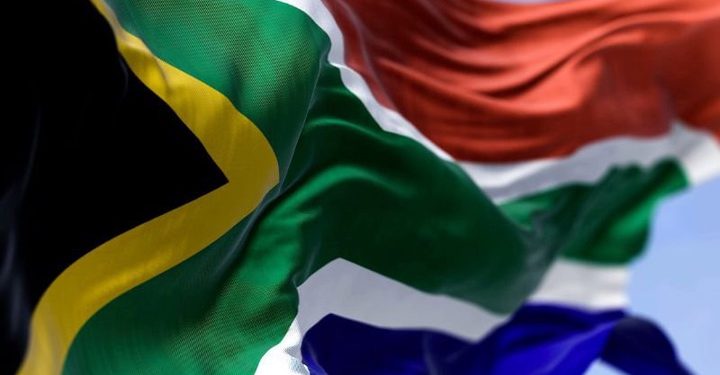The African Transformation Movement (ATM) is spearheading a controversial proposal to rename South Africa to the “Republic of Azania,” reigniting debates about national identity and colonial legacies.
ATM leader Vuyo Zungula argues that “South Africa” is a colonial construct tied to the 1910 Union formed by British and Dutch settlers. “Before 1652, this land had no such name. Just as South West Africa became Namibia, we must reclaim our identity,” he said, framing the change as an act of decolonization.
However, critics question both the necessity and historical grounding of “Azania.” Political analyst Kenneth Mokgatlhe countered: “South Africa is a geographic descriptor, like South Sudan. ‘Azania’ remains niche—used more in academic circles than by ordinary citizens.”
The term “Azania” has roots in ancient Greek references to East Africa and was later adopted by anti-apartheid groups like the PAC. Yet its limited popular recognition poses a hurdle. “Does this name truly unite us, or does it cater to a political fringe?” Mokgatlhe asked.
The proposal, set for parliamentary review, has drawn mixed reactions. Supporters hail it as overdue cultural reclamation, while opponents dismiss it as symbolic distraction amid pressing crises like unemployment and load-shedding.
As the debate unfolds, it spotlights deeper questions: Can a name heal historical wounds? Or does meaningful transformation require more than nomenclature? For now, “South Africa” remains—but the conversation has only begun.
*What’s your view? Should South Africa become Azania? Share your thoughts with Martin Bester on ‘Breakfast with Martin Bester,’ weekdays from 06:00–09:00. Stream live or download the app to join the discussion.*






















